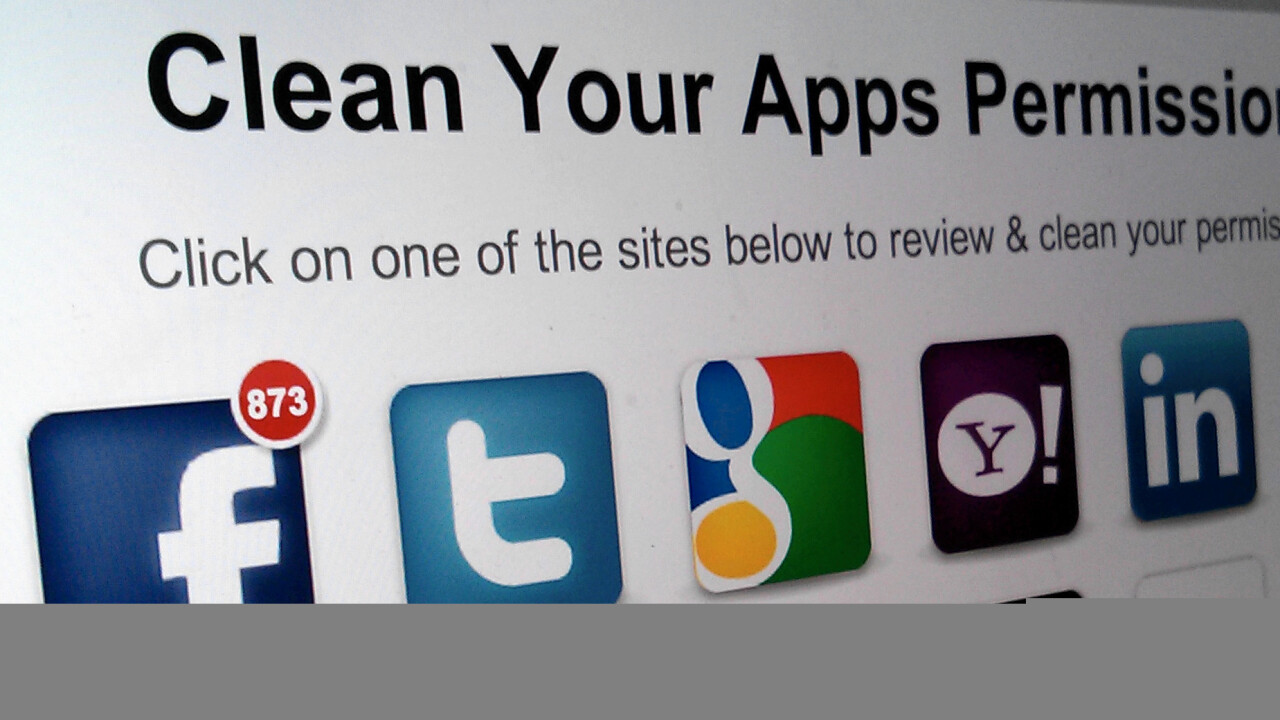
MyPermissions, a startup that focuses on helping you keep track of which apps have access to your personal information, is attempting to give itself a more central role in the field of user privacy with the launch of a new certification program aimed at developers who want to gain the trust of their users.
The MyPermissions Trust Certification program is designed to offer a standardized set of policies for the use of personally identifiable information.
Claiming to “build trust and transparency, drive conversion and retention and better protect user privacy,” the program certifies apps that respect personal data and use it solely for the functionality and improvement of the application. In other words, those apps that access your Twitter account just to send a promotional auto-tweet or access your address book to spam your contacts won’t be welcome.

The certification process is free of charge for developers. They simply sign up, agree to the terms and then wait for MyPermissions to approve their application. Beyond that, MyPermissions won’t actively police actual data usage, with end users being encouraged to flag up those developers that fail to adhere to the rules.
Given MyPermissions’ lightweight involvement after certification, it would be easy to dismiss this as nothing more than a marketing stunt, but the Israeli startup may actually be on to something. Many of us have had our data used in unexpected ways after granting access to a new app. Having a ‘kite mark’ for data trust might be something users appreciate if it sees widespread adoption. Indeed, we’re told that MyPermissions has plans for a broader certification program later in the year.
Video chat startup Rounds and productivity company Any.Do have signed up as launch partners, but there will need to be quite a few more high profile examples for it to be accepted as a standard.
MyPermissions raised a $1 million seed round led by 500 Startups earlier this year and offers Chrome, iOS and Android apps allowing you to manage which apps have access to your data.
Get the TNW newsletter
Get the most important tech news in your inbox each week.




